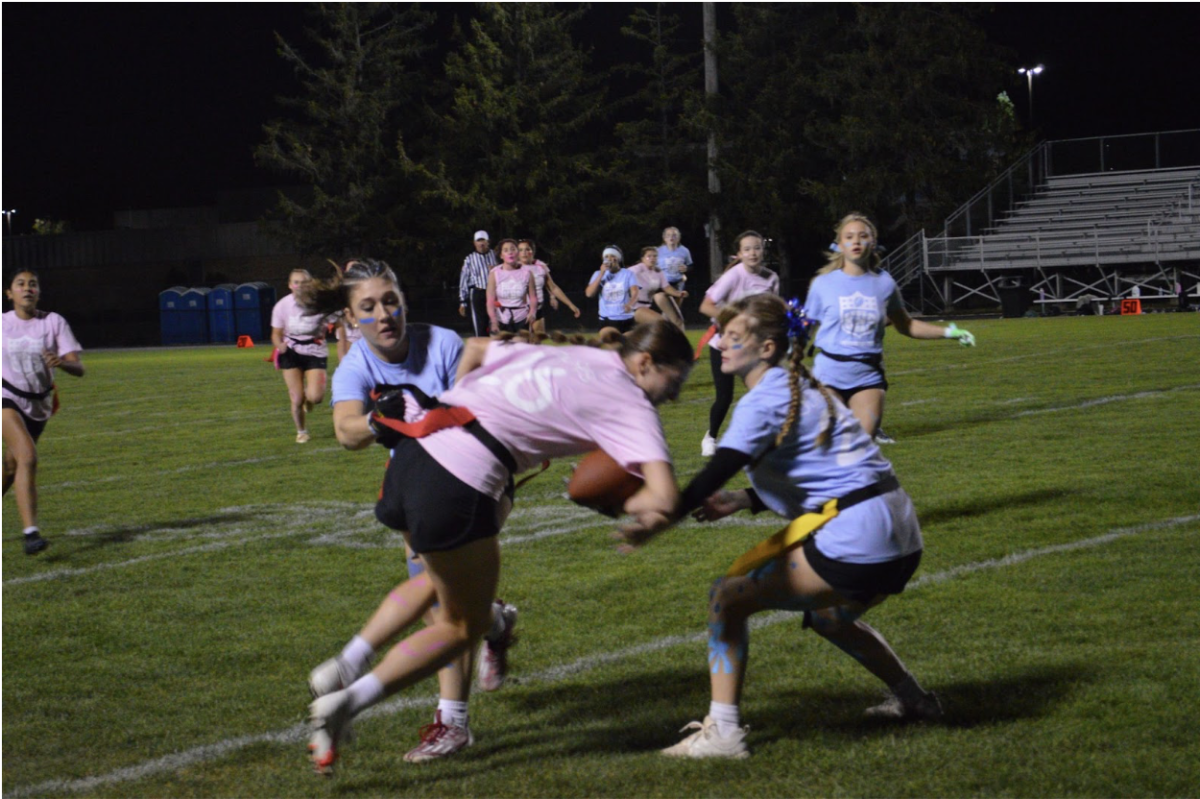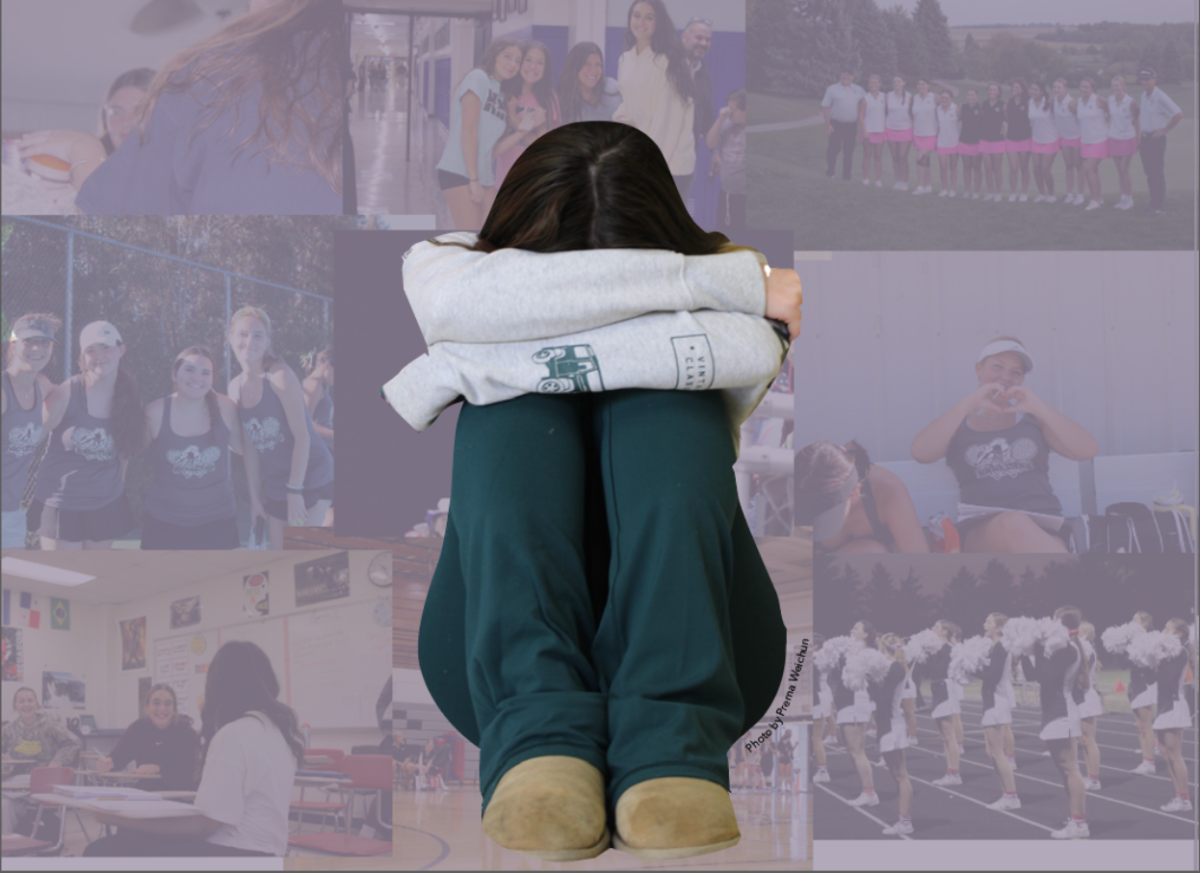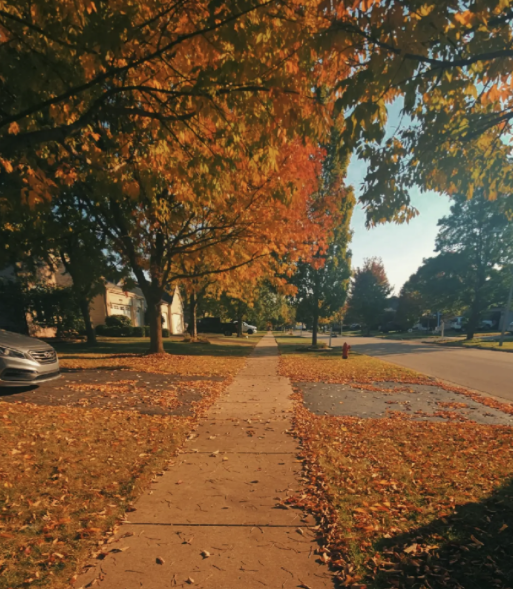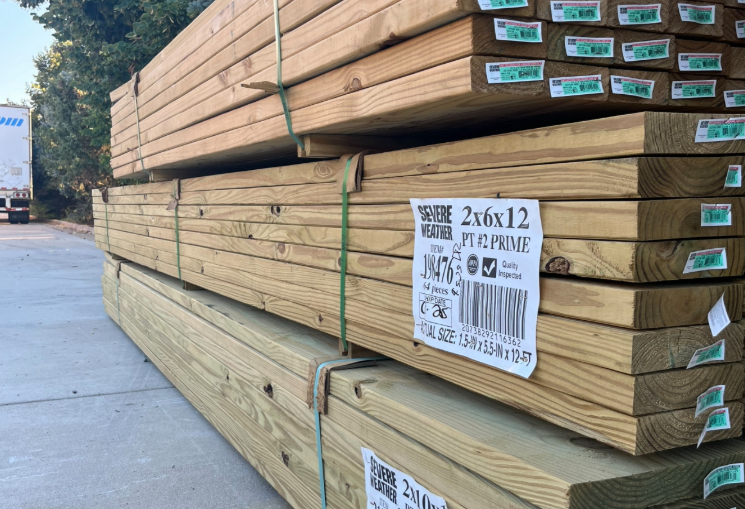Prominent on the news and social media platforms and devastating to the lives of many, wildfires in various parts of the world have continued to rage and cause destruction. The consequences of global warming causing an increase in temperatures and some preventable human mistakes have led to wildfires in Hawaii, Canada and Greece that have dominated our collective attention, but they have occurred in plenty of other places as well. As these problems persist, the catastrophic impact they have on the people in affected areas continues to be felt.
On Aug. 8, a fatal wildfire broke out in Lahaina, Hawaii. Although residents tried to escape, over one hundred fatalities have been attributed to the fire, with more than 800 people still unaccounted for. Anyone who was there will forever remember the disaster as a heartbreaking and traumatic event that left 2,170 acres burned and 2,700 structures destroyed, according to CBS
News.
“If it wasn’t for my son, who woke us up at the right moment, we all would have burned along with my home and town,” said Sophie Mata’afa, who lived in Lahaina for more than 30 years.
At the time of this publication, officials believe the fire started from power lines that fell during high winds. According to CBS News reporter Emily Mae Czachor, much of Hawaii had been under a red flag warning due to winds caused by Hurricane Dora, which was moving through the Pacific Ocean south of Hawaii. Hawaiian Electric Co. took responsibility for the start of the first fire but claimed that they were not responsible for the second. Hawaiian Electric is an electric services company that “serves 95 percent of Hawaii’s 1.4 million residents,” according to their homepage.
NPR reporters Bill Chappell and Ravenna Koenig described the lawsuit that Maui County filed against Hawaiian Electric, claiming they were negligent. The electric company says that firefighters who arrived at the scene in its early stages are also to blame, as county firefighters preemptively declared the fire contained. Officials have forecasted re- pairs for the damage to cost more than $5.5 billion, but the lasting impact will go beyond the financial consequences as survivors grapple with a range of emotions.
The problem of wildfires has also impacted Canada, and residents in Illinois even experienced the ramifications this past summer when air quality alerts were a common occurrence. Fires have continued to burn, causing some to wonder if smoke-filled air is just going to be a normal part of summers moving forward. Daniel Perrakis, a fire research scientist with the Canadian Forest Service in British Columbia, said in an interview with NPR that there are American newspapers from the early 1900s reporting on wildfire smoke from Canada settling in over their regions, so this is not unprecedented. Climate change has, in his opinion, made this past summer worse than normal, though.
“Some people are like, ‘Well, this is climate change. This is terrible. We’ve never seen this before.’ That’s wrong. We’ve seen this plenty of times. But it is [also] climate change, and it is much worse than we’ve seen before,” Perrakis said.
The fires in Canada’s western province of British Columbia have caused several highways to be closed. According to an Aug. 27 report from the Associated Press (AP), British Columbia reported 370 active blazes, including 12 designated as “wildfires of note.” AP News also mentioned that 240 fires were burning in northern territories.
“It’s not over yet for us by a longshot,” said Donna MacPherson, the Fire Information Officer for the British Columbia Wildfire Coordination Centre. “It’s been a really long fire season, and we’ve still got some to go before it’s over.”
With wildfires becoming more frequent and widespread, more precautions are being taken in some places. In Greece, for example, recent events in Evros have led to dozens of arson-related charges, according to a CNN report. However, many feel Canada is not taking enough steps to prevent future disasters.
“We need to do more to get ahead of the problem,” said Mike Flannigan, who studies wildfires at Thompson Rivers University in Kamloops, British Columbia, in a New York Times report. “And progress on that has been slow, primarily because we are kind of stuck in this paradigm that fire suppression is the solution.”
The heart-wrenching impact of wildfires can be felt through the stories of those who have survived. Benjie Navarro, a senior nurse in an East London hospital, told The Independent that his family lost everything in the Lahaina fires. Navarro was planning an early-September trip to Maui to visit his mom, whom he had not seen in eight years, for her birthday. He also detailed the moments of his family’s escape from their home right before the fires consumed it.
“They lost everything in the fire except for the car they used to escape,” Navarro said. “They have lost their means of livelihood, they’re jobless. They’re spending their savings on petrol to get rations and food for the kids to eat.”
As the frequency and intensity of wildfires continues to spread, difficult stories of loss of life and property will likely remain.

















